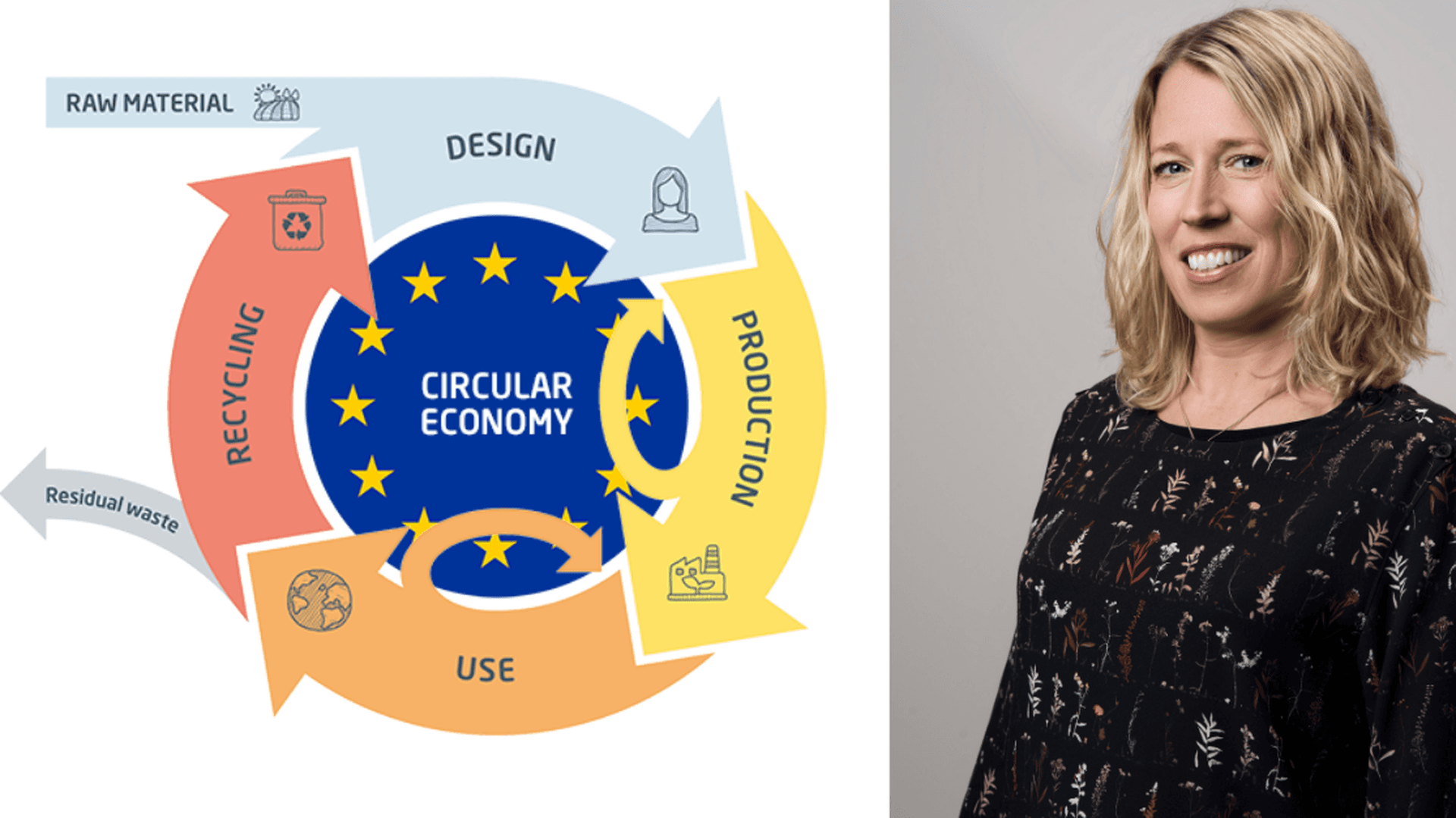Favourable conditions for businesses and innovation will be key to a successful Sustainable Products Initiative
The Confederation of Swedish Enterprise welcomes an ambitious products policy and believes that it is important that the development of a product policy for sustainable products takes place at EU level.

National policies and regulations for the circular economy risk creating barriers to circular flows between countries and hampering product development. The Confederation supports the European Commission’s work on sustainable products – the SPI (Sustainable Products Initiative) – and wants to contribute to its development.
– Above all, it is important that this type of legislation is managed at EU level so as to ensure a well-functioning internal market. This will be crucial in the transition to more sustainable and circular products and materials, says Jenny Svärd, who is responsible for environmental policy at the Confederation of Swedish Enterprise.
Although the development of more sustainable products is already well under way, more needs to be done to promote the trend. The business community plays an important role in ensuring that products placed on the market are sustainable and more circular – an area in which Swedish businesses are at the forefront.
– The transition from linear to circular business models creates new business opportunities, but it also entails a number of challenges that must be addressed. The Confederation of Swedish Enterprise wants to contribute to the process of developing the SPI and in our position paper we present a number of points we hope the Commission will consider.
Among other things, the position paper points out that the forthcoming product legislation is expected to place increased demands on companies to provide information on products’ environmental profile, material composition, recyclability and more in the form of a digital product passport. While it is important to make information available to consumers and actors throughout the value chain, it is necessary that any required information clearly adds environmental and user value. And it is absolutely imperative that companies’ confidential data is protected.
Svärd believes that one of the most important points is involving the business community in the process and preventing a too extensive administrative regulatory framework.
– When the European Commission develops a new product policy, it is important that decision-makers set the policy’s goals and framework, but then let the business community develop and implement solutions. This is the right way to increase the number of sustainable products. Technological neutrality, therefore, needs to be safeguarded, and increased detailed regulation in product legislation avoided to ensure the promotion of necessary innovation and development.
Furthermore, the Confederation emphasises that EU product legislation must apply to products that are produced both inside and outside the EU. This is crucial to ensure that European businesses can compete with companies on other markets.
– Unfair competition risks hampering the development of sustainable products within the EU. Therefore, new rules developed under the SPI must apply to imported products and products sold via platforms. In addition, increased market control will be necessary to control compliance, Svärd concludes.